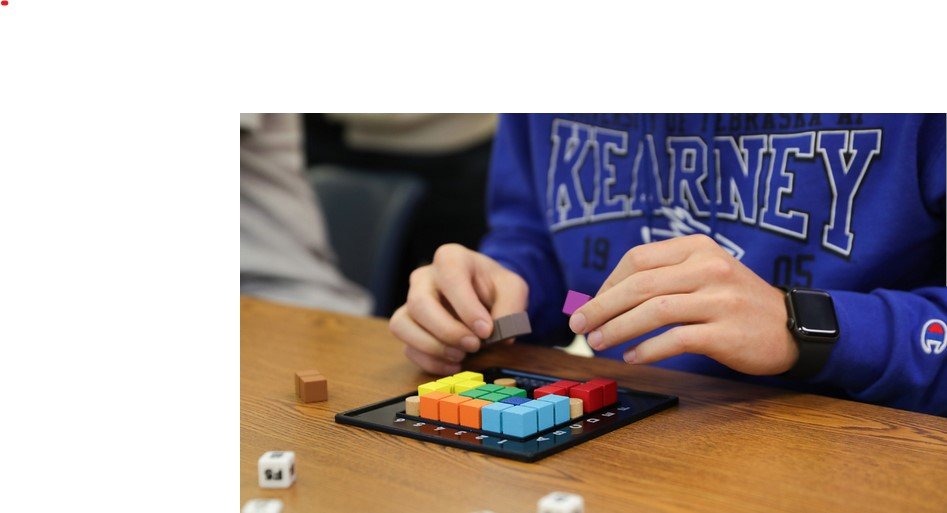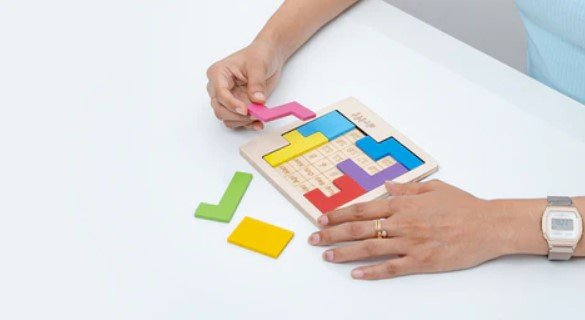The psychology behind competitive gaming and puzzles is a fascinating subject. People engage in these activities for various reasons. Some are driven by the challenge, while others enjoy the sense of accomplishment. Understanding the mental processes involved can help players improve their performance and gain a deeper appreciation for these activities. Let’s explore the psychological factors that make competitive gaming and puzzles so engaging.

Motivation in Competitive Gaming and Puzzles
Motivation is one of the most significant psychological factors in both competitive gaming and puzzles. Whether you are solving a puzzle or competing in a game, motivation drives you to perform at your best. There are two types of motivation: intrinsic and extrinsic. Intrinsic motivation comes from within, such as the enjoyment of solving a challenging puzzle. Extrinsic motivation is driven by external rewards, such as prizes or recognition. Understanding your motivation helps you stay focused and improve your skills over time.
The Role of Problem-Solving Skills
At the core of both competitive gaming and puzzles lies problem-solving. Players must use their critical thinking skills to overcome challenges. Competitive gaming often requires quick decisions and strategies, while puzzles demand patience and logical thinking. This problem-solving process engages various areas of the brain, improving cognitive function. As a result, players can enhance their ability to think critically and make decisions more effectively, both in gaming and real-life situations.
The Impact of Stress and Pressure
Competitive gaming and puzzles often involve a high level of stress and pressure. The need to solve problems quickly or defeat an opponent can trigger a stress response. However, this pressure can be beneficial in moderation. It can push players to perform at their best and enhance their focus. On the other hand, excessive stress can hinder performance and lead to frustration. Learning how to manage stress and stay calm under pressure is essential for success in competitive gaming and puzzles.
The Psychological Benefits of Winning and Losing
Winning and losing in competitive gaming and puzzles evoke strong emotional responses. Winning provides a sense of accomplishment and boosts self-esteem. It activates the brain’s reward system, releasing dopamine, the “feel-good” neurotransmitter. Losing, however, can lead to disappointment, but it can also provide valuable learning opportunities. When players lose, they often reflect on their mistakes, which can help them improve their skills. Understanding the psychological effects of both winning and losing can help players maintain a balanced mindset.
Social Interaction and Community Building
Both competitive gaming and puzzles offer opportunities for social interaction and community building. Many people enjoy the sense of camaraderie that comes with playing games or solving puzzles together. Whether it’s participating in a puzzle challenge or playing multiplayer games, these activities foster connection. Social interaction boosts mental well-being, as it promotes feelings of belonging and support. Engaging with like-minded individuals also encourages learning and growth, creating a positive and motivating environment.
Conclusion
In conclusion, the psychology behind competitive gaming and puzzles is complex and multifaceted. Motivation, problem-solving skills, stress management, emotional responses to winning and losing, and social interaction all play key roles. Understanding these psychological factors can help players improve their performance and enjoy the experience even more. Whether you are solving puzzles or competing in a game, recognizing the mental processes involved will enhance your overall experience and boost your skills.



